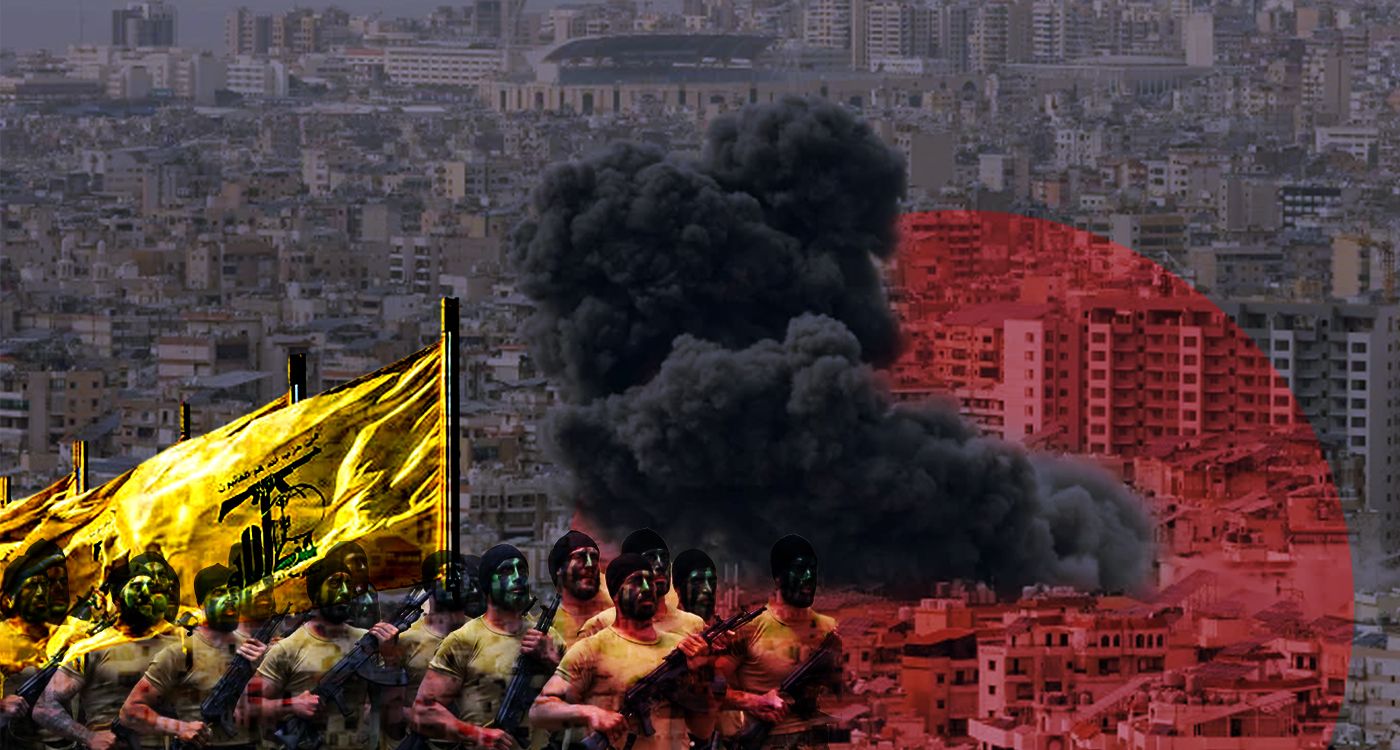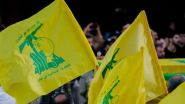
Two unsettling and deliberate incidents occurred ahead of four critical milestones for Lebanon. On March 22, shortly before the visit of French President Emmanuel Macron’s special envoy to Lebanon, Jean-Yves Le Drian, rockets were fired from Lebanon into Israel. Hezbollah denied any involvement, but Israel responded with heavy strikes on the southern part of the country. The escalation prompted the International Ceasefire Monitoring Committee to intervene to contain the situation, as it nearly led to the postponement of President Joseph Aoun’s visit to France.
As President Aoun entered the Élysée Palace on March 28, a similar scenario unfolded. An unidentified group fired rockets into Israel, prompting Israeli strikes that targeted Hezbollah positions, extending to Beirut’s southern suburbs. This second escalation coincided with Aoun’s first visit to a Western capital, shortly after the Saudi-sponsored Lebanese-Syrian border demarcation agreement. It occurred as US Special Envoy for the Middle East Morgan Ortagus is expected soon in Beirut. It also came amid broader regional and international efforts to end the wars in Ukraine, Gaza and Lebanon, while working to prevent the Houthis from disrupting global shipping in the Red Sea.
Who would risk triggering an escalation in southern Lebanon amid intense international pressure? Any party behind this move is unquestionably backed by external forces and pursuing a broader regional agenda.
Western diplomatic sources suggest that Iran is behind the escalation, using members aligned with the resistance movement to carry out the operation and avoid a direct confrontation with Hezbollah. The sources contend that the goal of the escalation was to send multiple messages, especially to the Trump administration, signaling that “we have the power to escalate, disrupt your regional agenda, and destabilize the region if the administration does not engage in negotiations on our terms.”
According to the same sources, Iran is seeking to offset its losses in Syria, Lebanon, Iraq, Yemen and Gaza, with Lebanon now its last remaining leverage. However, it is on the brink of losing this final political card as well, following Saudi Arabia’s involvement in the Lebanese-Syrian border demarcation, France’s active role in the oil and gas negotiations through a summit hosted by President Macron, which brought together Lebanon, Cyprus, Greece and Syria via Zoom, and the US backing of southern border talks with Israel, setting up committees as a precursor to potential normalization.
Today, Iran finds itself sidelined and stripped of influence, particularly as more Palestinian voices oppose Hamas, advocating for a diplomatic resolution over a military one. This shift is also clear in Lebanon, where President Aoun, in his inaugural speech, affirmed the state’s monopoly over weapons and its exclusive authority to make decisions regarding war and peace, effectively dismantling the “people, army, resistance” equation.
According to reliable sources, Le Drian urged Lebanese officials to respond to the US proposal for negotiations with Israel and demonstrate a willingness to engage by presenting concrete suggestions, rather than remaining passive, ahead of Ortagus’s upcoming mission in Beirut.
Prior to her visit, the Deputy US Special Envoy for the Middle East accused Lebanon of violating the ceasefire agreement. She urged the Lebanese government to “contain terrorist groups attempting to drag Lebanon into conflict by launching rockets at Israel” and called on the US-backed Lebanese Army to take action against these groups. Ortagus reaffirmed the US position, advocating for diplomatic negotiations between Beirut and Tel Aviv for Israel’s withdrawal from the five contested hills in the South. She also emphasized the need for Hezbollah to fully disarm, stressing that Lebanon would not have entered the war without Iran’s involvement. Finally, she urged Lebanon to sever its ties with the Iran-backed “axis of resistance,” asserting that the state must monopolize the use of force and disarm Hezbollah.
In Lebanon as well, sovereign groups emphasized that it is not enough for Hezbollah to simply deny its involvement in the rocket launches. They argued that the pro-Iranian group must support the state and assist in identifying the perpetrators. Additionally, they noted that Hezbollah’s civilian affiliates are present in the south, an area still under their control and constant surveillance.
In fact, assisting the state in identifying those responsible for the rocket launches would absolve Hezbollah of any involvement or accountability, particularly given theories suggesting that Israel may benefit from the escalation. This could allegedly involve recruiting those behind the attacks to have an excuse to target Hezbollah and dismantle its arsenal, since the state failed so far to disarm the group due to the Shiite duo’s (Amal and Hezbollah) refusal, citing the army’s inability to confront Israel and force its withdrawal from the five contested hills.
However, sources within the Lebanese Forces argue that this rhetoric merely seeks to undermine the state and question the army’s capabilities. As a result, the Cabinet is scheduled to convene after the holidays to address the issue of arms, with an anticipated position from President Aoun regarding the recent escalations.




Comments